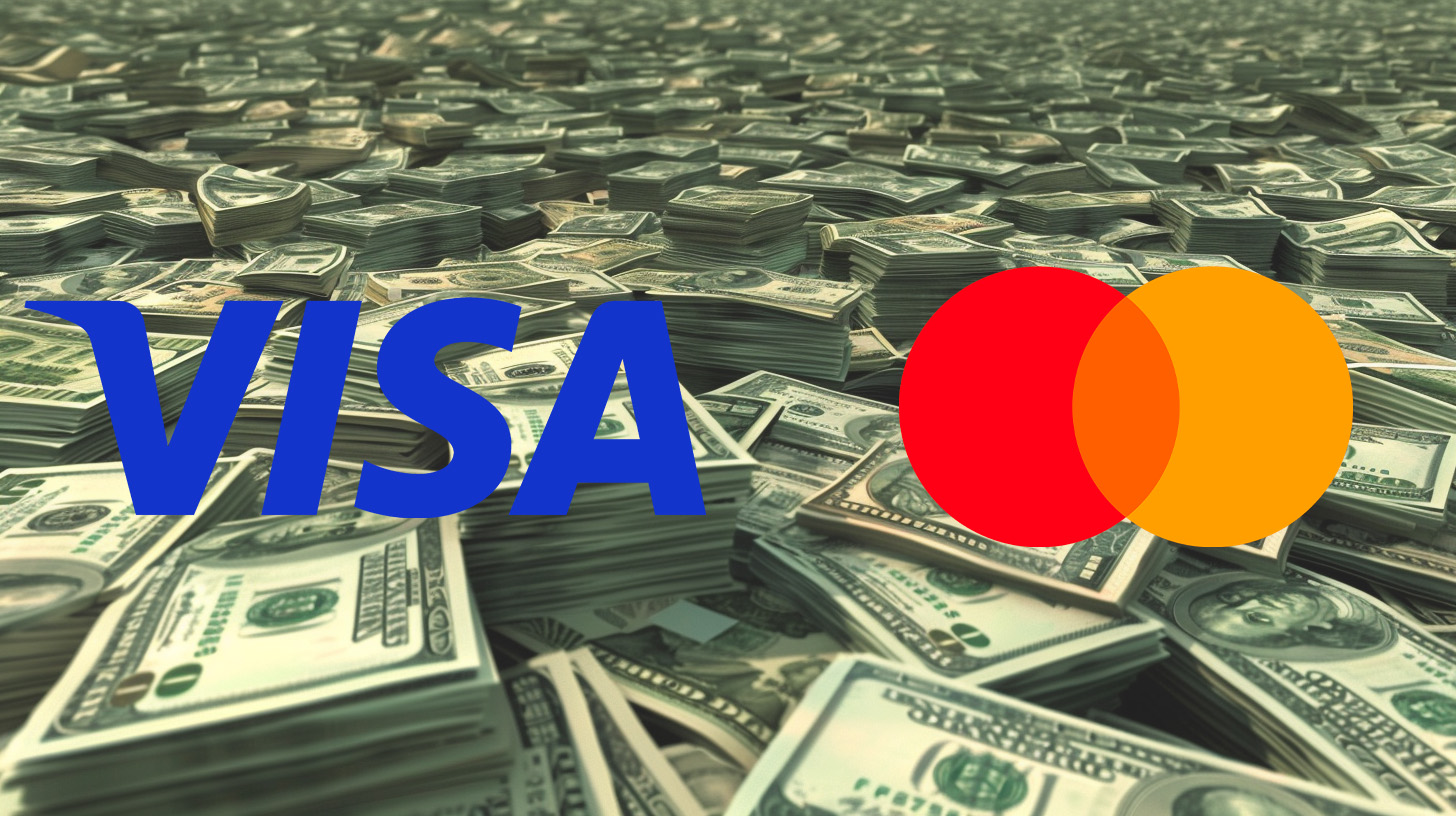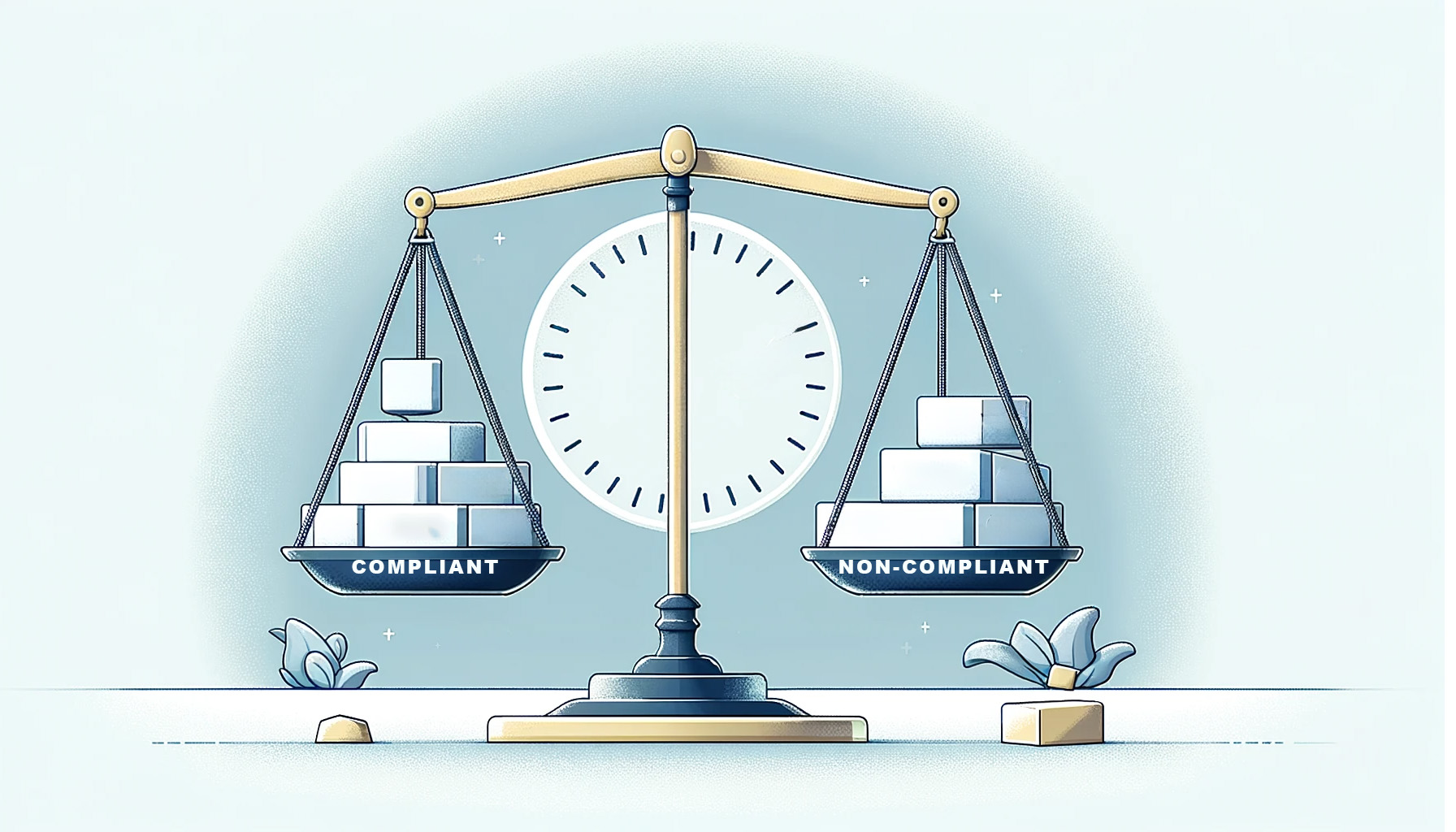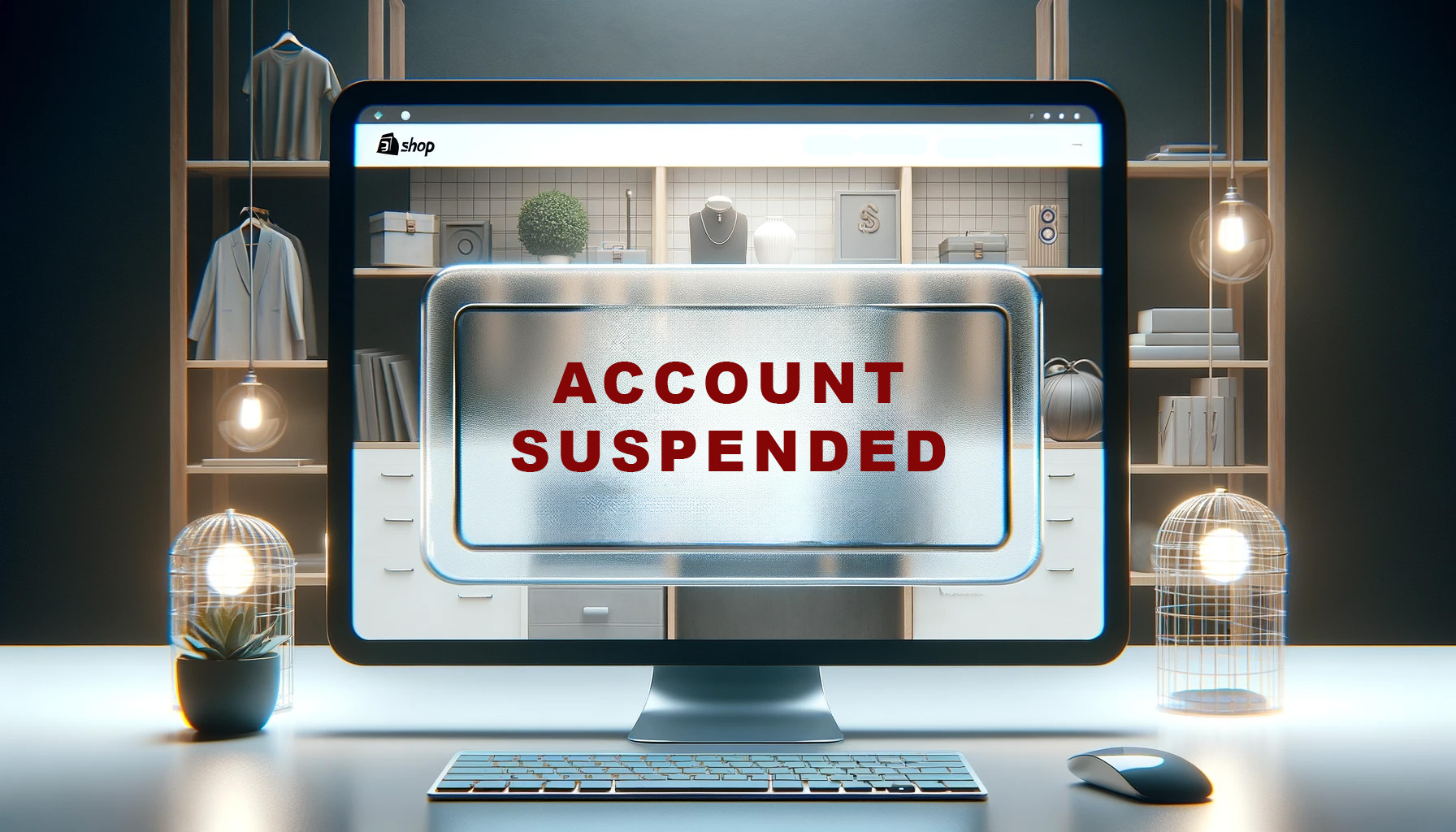
Find, Change, and Optimize Your Merchant Category Code
Nov 25, 2022 3 minute Read
MCC codes (Merchant Category Codes) are assigned to every merchant upon the approval of their merchant account application. As important as these codes are, they aren’t always readily apparent, leaving merchants in the dark.
Each MCC code comes with varying rates, fees, benefits, and drawbacks. It’s not always easy selecting the best MCC for your business because any one business can meet the criteria for several codes. But one thing’s for certain, you should never leave it up to your provider to choose on your behalf.
What You Need to Know About Merchant Category Codes
Knowing what merchant category codes are can significantly help you determine which one to choose for your business. Or, at the very least, speak with your merchant services provider about helping to select the best one for you.
What are MCC codes?
Merchant Category Codes are a four digit-long number that represents your business type. They can be assigned by your merchant services provider or aggregates like Stripe. Otherwise, you can select one yourself.
Your MCC code is what labels your business as low-risk, high-risk, direct response, garden supply, ticket reseller, etc. There are thousands, each with their pros and cons.
Who assigns an MCC?
MCCs are set by the International Organization for Standardization (ISO) and credit card processors are the ones that assign them.
Even so, each credit card network has its own differing list of merchant category codes in use. Your merchant services provider can help you find the right code to use for each network (Visa, Mastercard, American Express) that your business wants to use with your payment gateway.
It’s a good idea to create a list of the codes in descending order of value that applies to your business per credit card network.
What is my MCC code?
If you already have a merchant account and are working with a payment processor and acquiring bank, you’ve already been assigned an MCC code (depending on the networks). If you don’t know yours and would like to, you can contact your merchant account provider or the payment processor directly and ask.
The code is sometimes listed on your merchant statement or merchant backend. If not, contact your provider and ask. They will happily send it in an email.
Can I choose my own Merchant Category Code?
Yes you can, and each code has its advantages relating to rates and fees.
You might be thinking, “shouldn’t I choose the MCC code that has the lowest possible rates?” Not always. For one, the code has to match your business type. If you request a code that your business doesn’t quite match up with, then you’ll be denied. And some codes might have higher rates for international transactions but lower rates for domestic, and vice versa. Or the option for charging a convenience fee for credit card purchases.
The best code is the one that suites what you’re selling and who you’re selling it to.
What are high-risk MCC codes?
Some MCC codes are specifically for high-risk businesses. If you run a business in a high-risk industry, then you’ll likely be assigned a high-risk code.
You can, however, combat this and choose your own in a low-risk category as long as your business relates to it. For example, you might be dropshipping home goods. You can apply for a merchant account with an MCC in the furniture and home goods categories.
It’s up to the provider to approve your account, meaning there’s no guarantee one will be approved over another.
Where can I find a list of merchant category codes?
Visa, Mastercard, and American Express have their codes listed online for merchants to view in their own versions of a merchant handbook. Browsing through, you should be able to find the codes that match up with your business type.
Keep in mind that there are a lot of codes to sift through and you’ll have to do it with each card network. It’s great to be familiar with the codes that apply to you, but don’t shy away from asking your merchant account provider for assistance to speed up the process.
When is the best time to select my MCC?
The best time is when you are submitting your application. There is a box that’s labeled MCC or Business Type where you can insert your preferred code.
It’s tough but not impossible to change a code that’s already been assigned. Most providers won’t want to change it on your current merchant account and might request that you submit an application to open a new account to replace it.
If you don’t agree with the code you’ve been assigned and you catch it when your account first opens, then you should request to change it ASAP. It’s easier for the processor to change it when there’s little or no transaction history.
How Merchant Category Codes Affect Your Business
MCCs represent the risk of your business, outline the rates and fees you pay, and contain a few other attributes. Choosing the best MCC for your business doesn’t always mean the lowest rates and checking off every possible benefit. Rather, it means you have the best price—not the lowest price—for processing rates and benefits that matter most to your business.
Interchange Rates
The interchange rate or discount rate is what a merchant pays every time a card is swiped for payment. Each card network varies on their interchange fees. Another factor that highly affects interchange fees is your business type. If you operate in a high-risk industry, you’ll likely see higher interchange rates. This is why it’s important for you as a merchant to choose the best MCC for your business. Even when you are considered high risk, you can apply a code that might have lower interchange fees (if that’s what’s most important to you).
Risk Profile
Speaking of high-risk industries, an MCC code is also used as a shortcut for acquirers to assess your risk type and whether they can provide services to you. Many banks and processors refuse to work with high-risk businesses. On one hand, you get a speedy denial so you can move on to the next provider faster. On the other, you’ve wasted an application on a processor that doesn’t work with your business type. You want to avoid getting too many application denials, so before submitting your application make sure you’re up front about your risk profile.
Convenience Fees
Merchants who accept credit card payments are privy to something called a convenience fee. This is a fee charged to the cardholder when using their credit card. It can only be used for credit cards, not debit cards, and it’s only available for some merchant category codes. This fee can be greatly beneficial for business owners who see a lot of small transactions that would get eaten up by fees.
Credit Card Rewards
Normally, rewards are associated with customers. But it might be beneficial for you to select an MCC that allows reward calculations. For example, if you are a dropshipper and work closely with a brand that allows customers to receive points. The actual reward program doesn’t benefit you directly, but if you allow customers to gain points from shopping on your online store then you’ll be able to drive more traffic to your site.
Be Aware of Increased Decline Rates Associated with Your Chosen MCC
As mentioned, there’s a risk profile associated with all MCC codes. Higher risk codes assign a specific threshold for your business related to transaction amounts (high ticket purchases are more likely to be declined), complaints, chargebacks, and more. Issuers have a watchful eye on businesses operating with certain codes and are quick to hit pause on your ability to accept payments.
If you’re a high-risk business, talk to your merchant services provider about how you can mitigate this type of activity. You’ll want to apply some type of chargeback protection and fraud prevention to your shop which your provider can help you with.
Merchant Category Codes Apply to Stripe, Too
MCCs apply to 3rd-party payment processors, too. Stripe, PayPal, Square, and the others all assign you a code because it’s still a merchant account. The process of obtaining your payment gateway is simpler (though not always for the best), which also means you have less control over choosing how to run your business from a payments perspective.
Choose Your MCC Code on Stripe
Yes, you can choose an MCC for your Stripe account. And you should! Specifying the best merchant category code for your business is important, even when using 3rd-party services. One of the downsides is that you’ll have to do the research yourself, as Stripe isn’t so willing to walk you through the thousands of MCCs available.
Be aware that Stripe uses fixed rates for all of your transactions, meaning there’s no room for negotiation or adjustments. That’s especially true if you’ve already opened your account. If you want to continue to use Stripe (and there are valid reasons for doing so), then make sure you put in the MCC you want. Call them, chat with them online, get in touch with Stripe support, do what you have to do to make sure the code of your choice is being applied to your account.
Quick to Open, Quick to Be Terminated
Stripe and most similar services outline verification documents and other verification requirements (like tax ID number for IRS tax purposes, SSN, business information, identity verification and bank account information) in the application process. Within minutes, you’ll get the Stripe API. Their onboarding flow is as straight-forward as possible to get your shop processing payments faster, but be aware that speed doesn’t equate to security. Your business entity and account type according to the MCC code that you choose/are assigned might not meet Stripe’s requirements. This can lead to Stripe freezing funds and terminating your account.
All merchant service provides require your business name, legal entity (sole proprietorship, LLC, etc.), ID verification, Know Your Customer, and additional information to get a custom account opened. Stripe may be faster than applying through an account provider like DPN, but these express accounts can be harmful to your business’ and your future as the account holder.
Want to find the MCC codes with lower rates, better benefits, and less hassle?
Applying for a real merchant account is a long-winded process. Don’t risk making any mistakes by contact the experts here at DirectPayNet.
We’ll help you apply for an account with the merchant category code(s) that provide the biggest benefits toward your business goals. We’ll also cover chargeback prevention and fraud protection to provide steady payouts to your acquiring bank.




